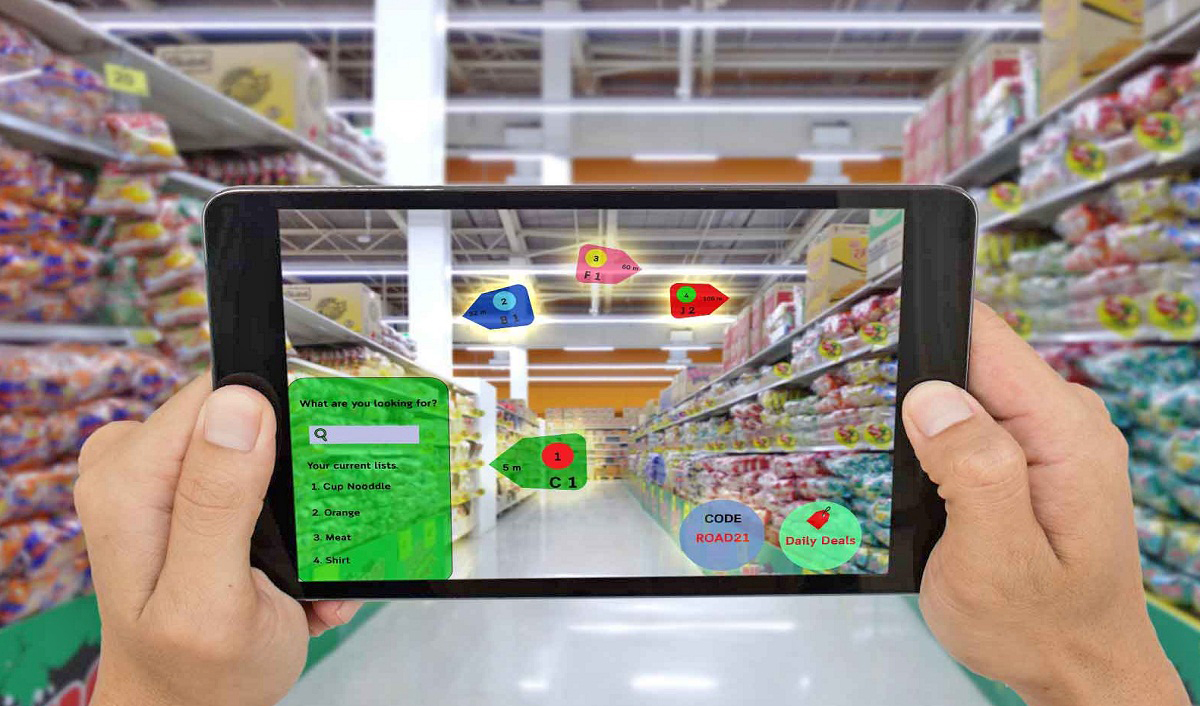


It appears that you would like to summarize the provided text. The text discusses the role of technology and Artificial Intelligence (AI) in the FMCG (Fast-Moving Consumer Goods) industry. The FMCG industry has been leveraging technology to gain a competitive edge for some time. Many companies are embracing digital transformation, and AI is playing a pivotal role in enhancing efficiency across various business functions. AI enables predictive insights into customer behavior, improving consumer experiences and engagement. It also offers extensive process automation, leading to cost reduction and time savings. Retail and brand executives expect that intelligent automation could potentially reduce operating costs by up to seven percent, according to an IBM survey.
Various Approaches in which AI can revolutionize the FMCG sector
FMCG companies can benefit significantly from data-driven technologies like AI, ML, and deep learning. ML and Deep Learning have transformed the FMCG sector by analyzing consumer data for better marketing strategies, personalizing campaigns, and improving supply chain management. These technologies enhance efficiency, competitiveness, and customer satisfaction, leading to better decision-making and financial outcomes.
Enhancing Operational Efficiency in Supply Chains
FMCG companies can now quickly identify supply chain inefficiencies using advanced algorithms and AI. This technology offers insights into wastage, security, and food safety, serving as a dedicated assistant for operational efficiency improvements.
Optimizing Product Placement
AI simplifies complex product placement decisions in retail. Planograms, visual diagrams, help retailers determine ideal product placement, stock levels, and pricing for maximum profit. AI considers factors like product popularity and sales velocity to optimize shelf space allocation, ensuring high-demand products receive the right shelf space.
Forecasting Demand and Inventory Management
AI helps companies leverage customer data for better demand forecasting. Machine learning and deep learning algorithms interpret this data, allowing companies to proactively respond to evolving customer demand, even in rural areas. AI-driven demand forecasting also helps optimize inventory levels, streamlining inventory management challenges for FMCG companies.
Customized Consumer Experiences
AI is transforming customer experiences, especially in FMCG. It shifts from reactive to proactive and predictive approaches. By analyzing customer data, businesses can offer proactive support and personalized recommendations, leading to real-time intelligent customer engagement that enhances brand appeal.
Final Say
Consumer demand fluctuations hold numerous correlations and patterns, presenting a wealth of valuable information for FMCG companies. Unearthing these insights is crucial for gaining a competitive advantage in the industry. FMCG companies must process this data to devise effective strategies, such as product placement, product prioritization, workflow optimization, marketing segmentation, pricing decisions, and offer launch timings. The FMCG landscape requires comprehensive planning and streamlining, which can be accomplished through the utilization of advanced tools and algorithms. Consequently, an increasing number of FMCG companies are embracing AI-driven automation to redefine their customer experience and enhance brand engagement.
The author is the Director of Bikano, Bikanervala Foods Pvt Ltd